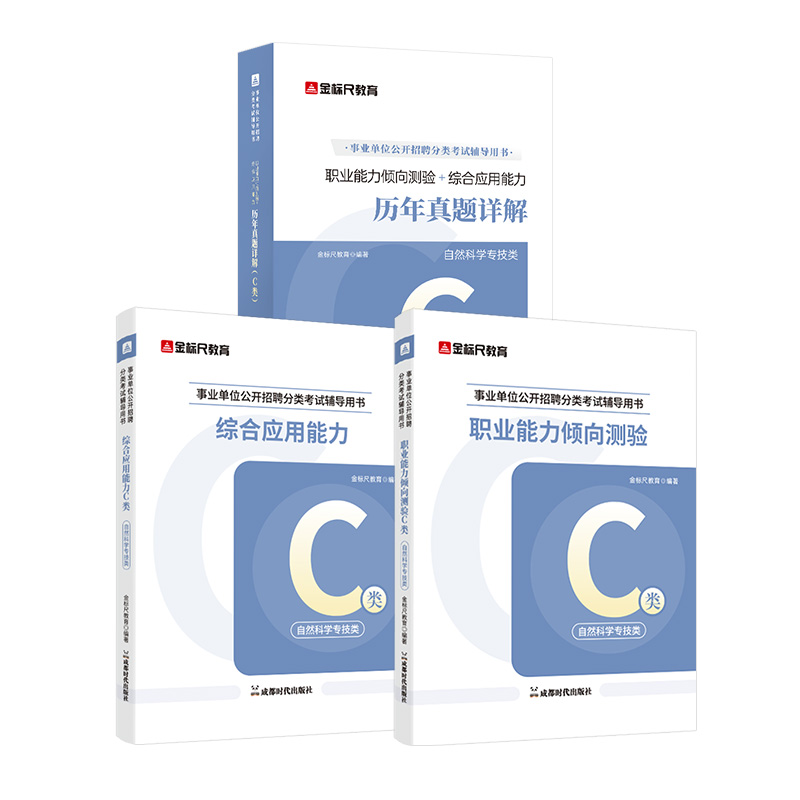【高频考点17】 主谓一致 ★★
(一)单一主语的情况
1. 表示总称意义的名词people, cattle, police, youth做主语时,谓语用复数形式。
English people are fond of talking about weather.
People read for pleasure during their spare time.
2.主语是public, board, family, class, team, group, crowd, audience, company, enemy, government, herd, jury, party等名词时,指整体,谓语用单数;指成员,谓语用复数。
Our class is made up of fifty students.
His team are talking with the coach.
My family is a large one and the whole family are music lovers.
3. 主语是不定式、动名词(短语)作主语时,谓语动词用单数。
To prevent the air from being polluted is what we’re now researching.
As a teacher, learning to be patient is very important.
4. 主语是kind of, type of, pair of, amount of, quantity of +名词时,谓语依照kind, type, amount, pair, quantity的数而确定。
Large quantities of rice have been destroyed in the flood.
5. 主语是means, works, sheep, fish, Japanese, Chinese等名词时,谓语动词的形式须依照它们在句中的意义来确定。
Every means has been tried but we can’t save him.
All the means have been tried but we can’t save him.
The Chinese are the friendliest people I have ever met.
Some fish attract other fish with a light on their body-and then eat them!
6.“the+形容词”作主语,代表单数名词时用单数动词;如果意义指一类人,则应视为复数,谓语动词也应该用复数。
In many stories, the good are well rewarded and the bad are doomed to unfortunate.
The new is sure to replace the old.
(二)两个或两个以上的名词连在一起做主语
1. and所连接的连个名词前分别有: every, each, no, many a,no等修饰时,谓语用单数。
Many a teacher and many a student has spoken at the meeting.
Each book and (each) paper is found in its place.
2. 主语是连接词or, either…or…, neither…nor…, whether…or…, not…but…, not only…but also…等连接的名词或代词时,谓语就近一致。
Either you or she is to go.
Neither he nor you are to blame.
3. 主语含介词in, out of, with, except, besides, without, as well as, no less than, rather than, more than, but, along with, together with, like, including, in addition to等所连接的两个名词时,谓语就远一致。
At the meeting, one in four is against the decision.
He as well as I wants to go boating.
An expert, together with some assistants, was sent to help in this work.
- 上一篇:《美术学科知识》:夜巡
- 下一篇:《语文学科知识》:文言文实词集录(十九)
 地区
地区 考试科目
考试科目 微信
微信

 微博
微博 抖音
抖音 023-67417095
023-67417095





















 点击关注
点击关注











